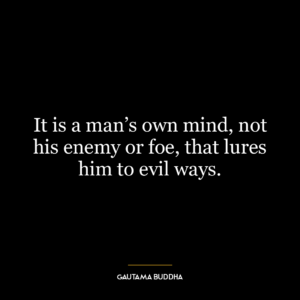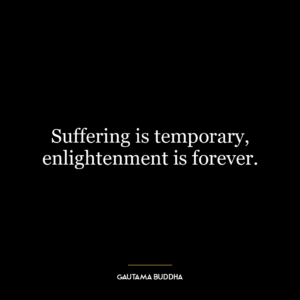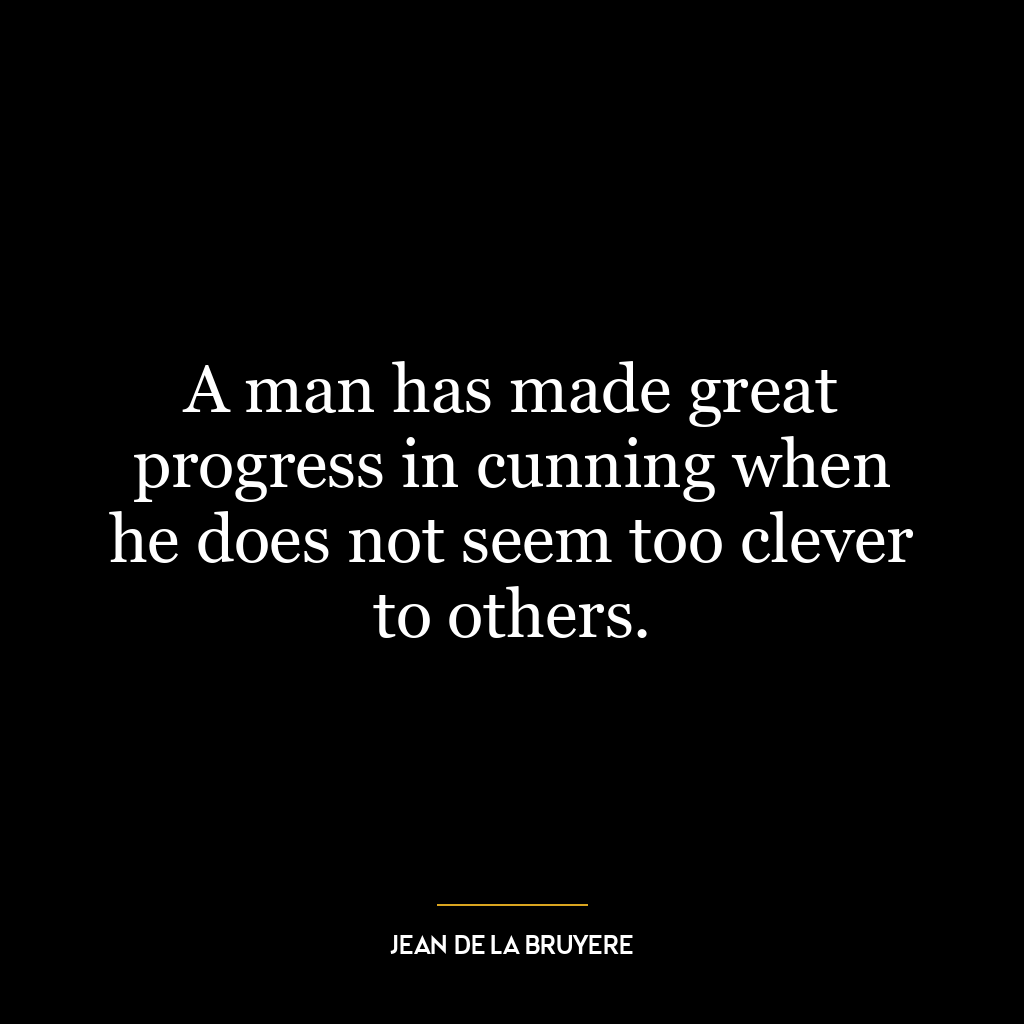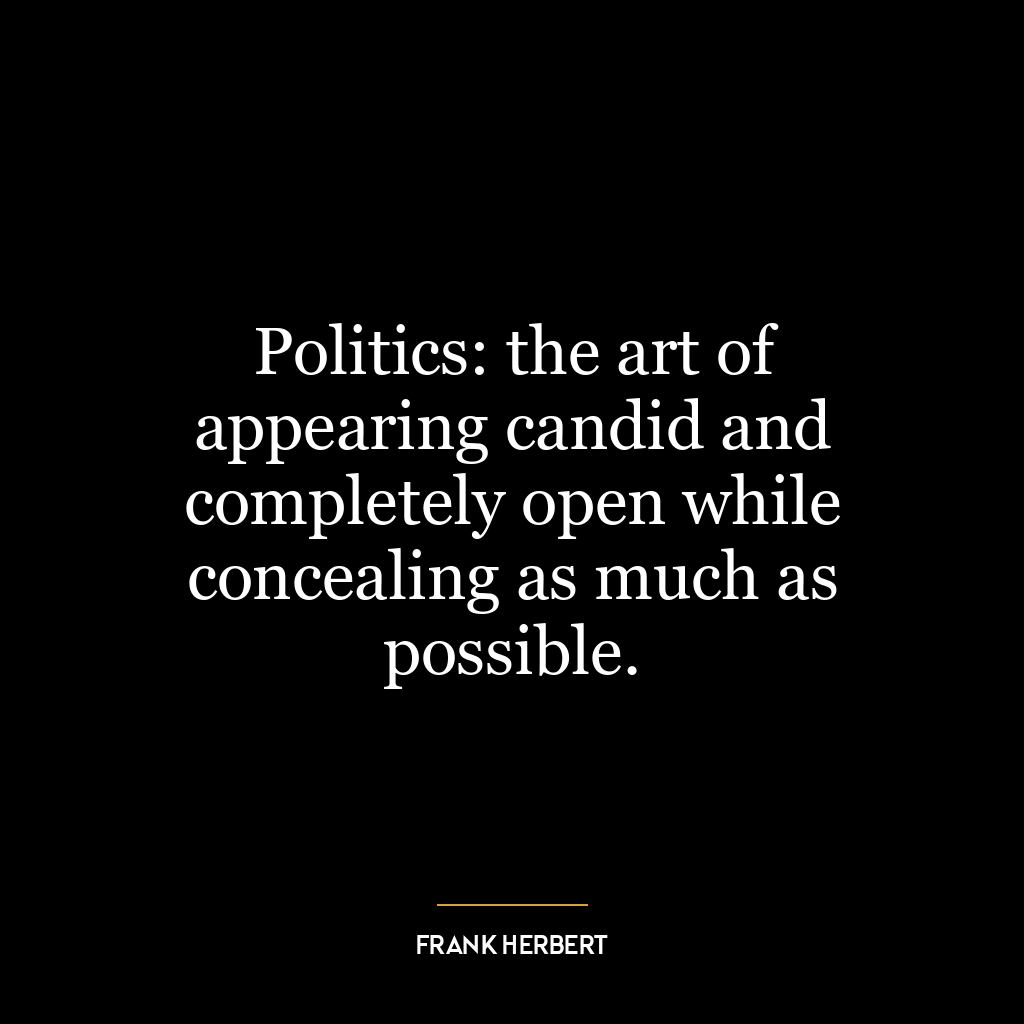When one feels no shame in telling a deliberate lie, there is no evil, I tell you, he will not do.
This quote is a profound reflection on the nature of dishonesty and morality. At its core, the statement asserts that if an individual can tell a deliberate lie without feeling any shame or guilt, then there isn’t any other evil act they would shy away from committing. In essence, it’s a commentary on how one’s capacity to lie without remorse is indicative of their overall moral compass.
The ability to lie with no sense of shame suggests a lack of empathy and disregard for truth. It implies that such individuals place their own interests above others’ rights to honesty and transparency. If someone can cross this ethical boundary with ease, it raises questions about what other boundaries they might be willing to cross.
In today’s world, this idea is highly relevant in various contexts – from personal relationships to professional environments, politics, and media. For instance, in personal development terms, it serves as a reminder for individuals to cultivate honesty as an essential virtue not just towards others but also towards themselves.
Honesty in self-reflection leads to growth because recognizing our mistakes allows us to learn from them. Similarly, being honest with others fosters trust and strengthens relationships. When we are able to communicate truthfully even when it’s uncomfortable or inconvenient we develop integrity which is crucial for personal development.
On broader societal level too – whether it’s politicians who make false promises or corporations that mislead consumers – the quote serves as warning against such behavior suggesting that those capable of lying blatantly may also be capable of more harmful actions if unchecked.
Therefore this idea encourages vigilance against dishonesty while promoting the importance of truthfulness both at individual level and societal level.















